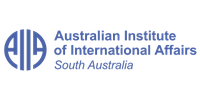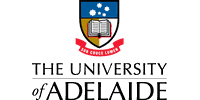In 2011, Japan was devastated by the Great East Japan Earthquake that triggered a tsunami which caused multiple meltdowns at the Fukushima Daiichi nuclear power plant. Efforts have since been made for radioactive decontamination, leading to the storage of over 1.3 million tons of contaminated water on-site of the crippled plant. A major concern is the potential damage to these tanks in another earthquake, as well as the need for space to decommission the reactors.
Many people are unaware of their constant exposure to radiation from terrestrial and cosmic sources, food, water and natural radioactivity within their bodies. Unfortunately, most reports fail to provide a clear perspective on radiation doses, making it difficult for the public to make informed decisions about the associated risks.
While high doses of radiation are widely known to be harmful to human health and the environment, the health impacts of low-dose radiation are not well understood, due to high background rates of cancer and other health issues. The invisible nature of these effects makes them hard to detect if they are present at all.
A lot of misinformation and fear has been spread regarding the release of radiation from the Fukushima reactors. Nearly all nuclear facilities dispose of anywhere between 17 and 42 TBq of tritium into the sea each year, consistent with what Japan has proposed to release from Fukushima (22 TBq). Some European countries dispose of up to 14,000 TBq per year into their seas or waterways. To date, there is no evidence of any environmental or human health implications.
Meanwhile, diplomatic discussions between the Japanese Government, the International Atomic Energy Agency, Pacific Island Forum and other interested parties, have sought to address concerns in the region and ensure a safe release.
Join Prof Hooker as he provides an overview of the Fukushima release, how it is controlled and regulated and what radiation doses to expect, putting these into perspective, and his work with stakeholders in the region.
*Photo by IAEA/Greg Webb

